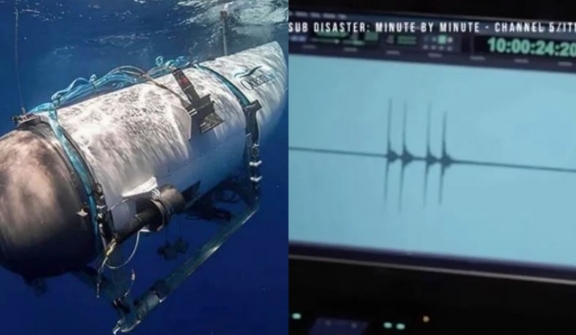
The Titan submarine disaster continues to attract the world's attention, and recently, experts have studied the mysterious banging sound that was recorded during the ill-fated exploration that caused the death of 5 people.
Last year, an OceanGate submersible called Titan, with five individuals on board, went missing in the Atlantic Ocean while exploring the wreckage of the Titanic at a depth of 12,500 feet.
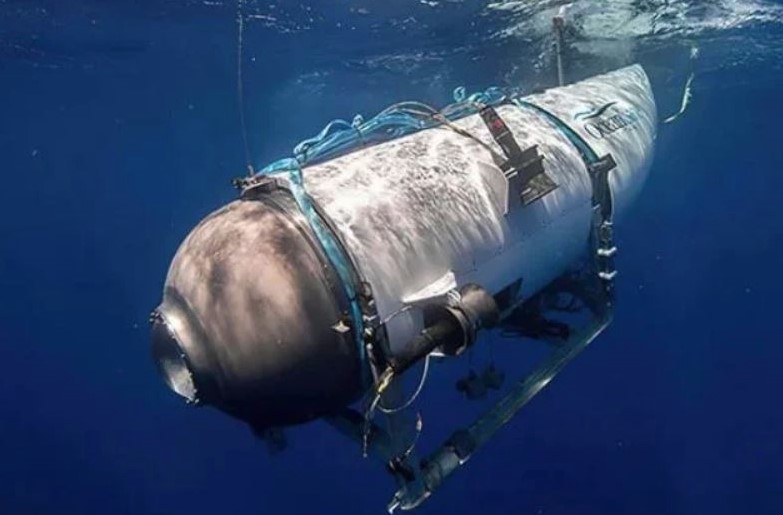
During the subsequent search and rescue missions, the Canadian Air Force detected banging noises, which have now been analyzed by experts.
The banging sounds were first recorded on June 20th, 11:30 PM, and were picked up by sonar equipment at 30-minute periods.
Initially, some speculated that the sounds could have indicated signs of life, such as passengers knocking for attention.
However, it was later revealed that the Titan had suffered a "catastrophic implosion" on June 18th when it descended into the depths of the sea.
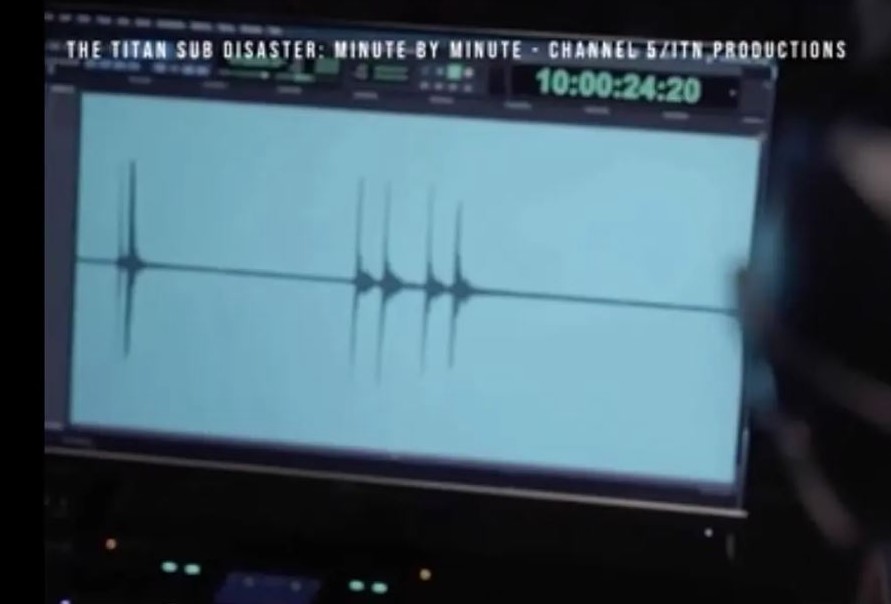
Matthew Schanck, the founder of the maritime search and rescue organization Marsar International, suggests that the noise could have originated from other vessels in the area.
With the high density of vessels operating in the vicinity, including those remotely operated in the search for the sub, the sounds could have been picked up by sonobuoys.
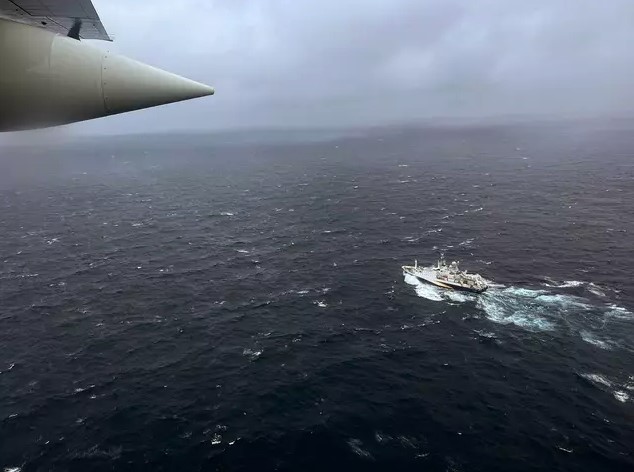
Another theory proposed by Schanck is that the banging sound might have come from loose metal moving around in the Titanic's wreck.
Jeff Karson, a Professor Emeritus of Earth and Environmental Sciences at Syracuse University, agrees with this idea and suggests that it could be the result of a complicated echo bouncing off various objects under the sea, including the Titanic wreck itself or even debris from the Titan.
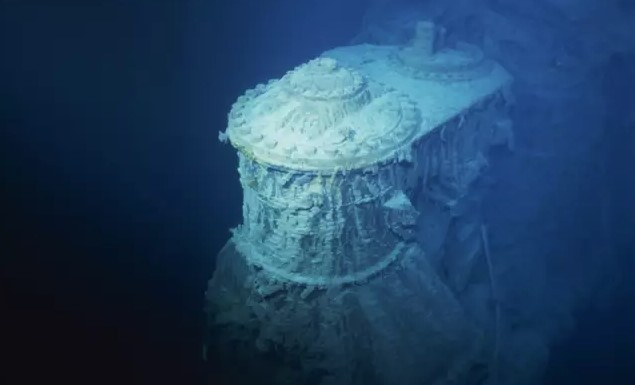
However, Stefan B. Williams, an expert in Marine Robotics from the University of Sydney, supposes that banging sounds detected during the Titan submarine disaster could potentially be attributed to marine creatures, especially whales.
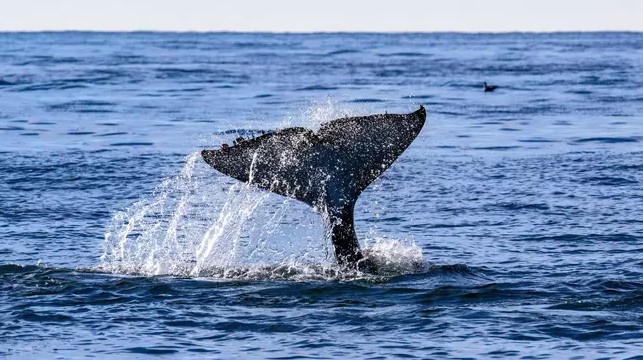
Meanwhile, most experts affirm that the sounds were made by humans rather than natural or from wildlife.
Chris Parry, a former British Royal Navy commander, indicates that the ocean is always noisy due to mechanical factors, making it difficult to realize specific noises like tapping.




